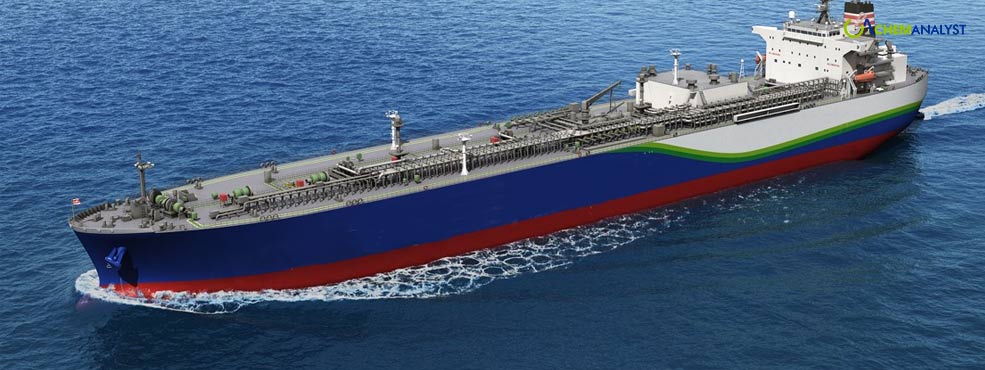Welcome To ChemAnalyst

In July 2023, the International Maritime Organization (IMO) took a significant step by setting a target to achieve net-zero greenhouse gas (GHG) emissions from international marine transportation by the year 2050. This ambitious goal has prompted a crucial shift in focus towards research and development (R&D) initiatives aimed at creating next-generation ships that operate without emitting GHGs. Among the key strategies is the development of technology facilitating the transition from conventional fossil fuels to alternative fuels like ammonia, known for its zero carbon dioxide (CO2) emissions during combustion. This paradigm shift is exemplified in the collaborative efforts of Hitachi Zosen and NYK through their joint proposal, aligning with the goals set forth by the IMO and contributing to the Global Industry (GI) Fund Projects.
The joint proposal spearheaded by Hitachi Zosen and NYK centers around the development of a catalytic removal system, referred to as the N2O Reactor, designed specifically for mitigating nitrous oxide (N2O) emissions when ammonia is utilized as fuel. Nitrous oxide, with a global warming potential approximately 300 times that of CO2, represents a formidable challenge in the pursuit of environmentally sustainable maritime transport. The primary objective of this collaborative effort is to reduce N2O emissions significantly, paving the way for the deployment of highly effective ammonia-fuelled ships in curbing overall GHG emissions. The development and widespread adoption of the N2O Reactor are pivotal steps towards realizing a carbon-neutral international maritime transport industry.
The strategic significance of this collaborative project lies not only in its contribution to achieving the IMO's emission reduction targets but also in addressing the specific challenges posed by N2O emissions. Hitachi Zosen and NYK recognize the urgent need to develop and disseminate effective solutions to ensure the viability of ammonia as a clean fuel source for maritime transport. The success of this venture could set a precedent for similar initiatives globally, influencing the broader adoption of alternative fuels and innovative technologies within the maritime industry.
The collaborative nature of this initiative extends beyond Hitachi Zosen and NYK, with ClassNK playing a pivotal role as a partner organization. Their involvement in safety verification processes and contribution to foundational research aligns with the broader industry-wide cooperation needed to address the challenges of adopting new technologies in maritime transportation. This collaborative approach not only ensures a thorough and comprehensive evaluation of the N2O Reactor but also fosters a supportive environment for the development and implementation of sustainable solutions.
While the joint proposal represents a significant stride towards addressing GHG emissions in maritime transportation, challenges remain on the horizon. The successful integration of the N2O Reactor into ammonia-fuelled ships relies on overcoming technical, operational, and regulatory hurdles. Continuous collaboration, ongoing research, and a commitment to innovation will be crucial in navigating these challenges.
We use cookies to deliver the best possible experience on our website. To learn more, visit our Privacy Policy. By continuing to use this site or by closing this box, you consent to our use of cookies. More info.
